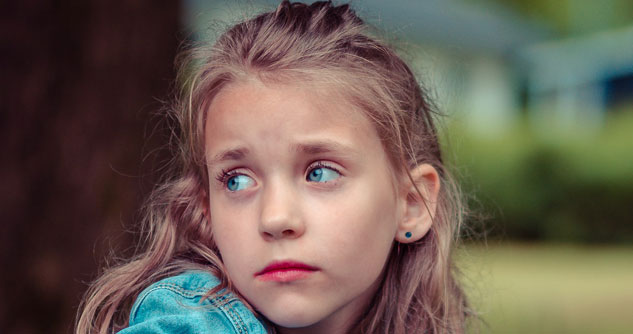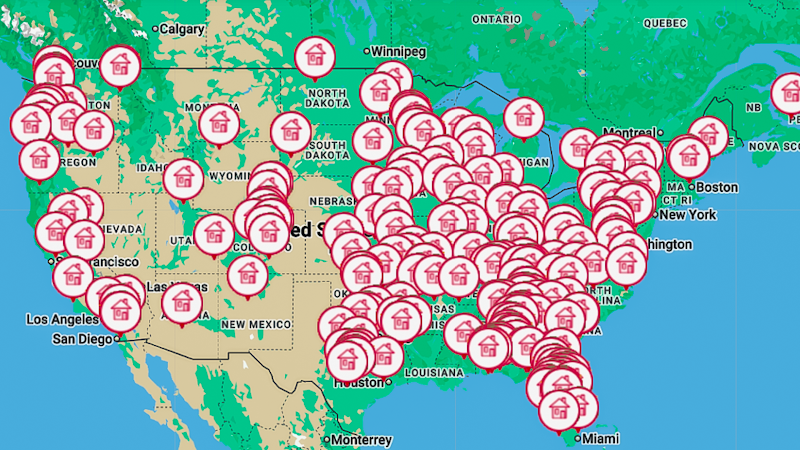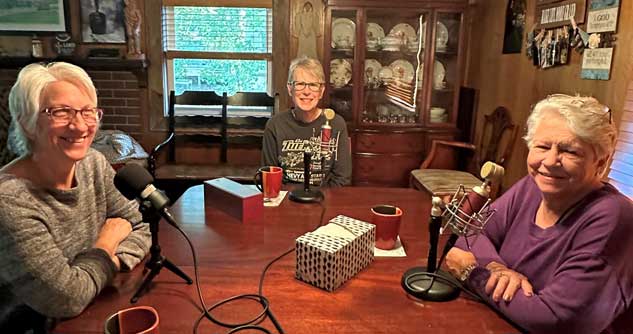“The collective fatigue and grief and fear and despair and discouragement that we’re all feeling is also felt by every child.”
(K-LOVE Closer Look) – The digital age exposes modern kids to bad news and bitter opinions their parents never knew. “Social media, media, news, political unrest, all these things that once kids were mostly sheltered from – now they’re seeing them 24 hours a day,” notes Julie Lowe, licensed counselor and author of Childproof and Building Bridges: Biblical Counseling for Children and Teens
The barrage of mystifying information crowds into their minds alongside the other considerable pressures of growing up. This overload can drive kids into dangerous states of anxiety or depression. Suicides among young children have been steadily rising the last decade.
The COVID19 pandemic made a dire situation even worse.
“The collective fatigue and grief and fear and despair and discouragement that we’re all feeling is also felt by every child,” says Dr. Margi McCombs, author of Peace Be Still: A Family Guide to Living in Crazy Days.
Child mental health experts urge parents to look for signs your child is struggling to process the tension and uncertainty of current events “We have to look at their behavior and figure out what’s going on with them,” McCombs warns. “They show it in isolation, in being irritable, they have meltdowns; they’re crying, they’re angry, they tend to be more selfish; they tend to try to control things around them because so many things in their lives are out of control.”
Shifts in behavior or intensity of that behavior are indicators they may be overwhelmed. “Parents need to be students of their kids, they need to understand them, listen to them and acknowledge their loss.”
Helping kids take an inventory of their lives can help them get some balance and perspective. “We try to focus on what they have, but also on what they have lost – and helping them name that,” she says, for example, grieving the loss of prom, or missing making the football team or mourning the loss of marching band or wishing they could spend Friday nights with their friends, “and helping them understand it’s okay to be sad.”
Lowe and McCombs agree parents must be intentional in engaging children to help them connect with their feelings and guide them to healthy habits for coping. “Struggles that children face are very much similar to the struggles adults face – human nature is the same, “says Lowe. “What is different is where they’re at developmentally.” She suggests that you think of your child as a puzzle that you deliberately work to solve. For younger children she recommends asking them to show you what they think about their world using art, dolls or puppets. To connect with teens, use YouTube videos and music they enjoy.
“With teens, listen to them,” says McCombs, adding that you must earn their trust so they will talk to you. Time spent together is the key to unlocking their opinions. “Spending time that is not a time for instruction, not time for correcting, not time for ‘changing the furniture in their heart’ –just for spending time with them so that they know you know you truly love them and care about what they’re feeling.”
If you don’t know where to start, begin by admitting your own frustration and acknowledge your own losses. “You can say I’m really frustrated right now too…but let’s figure this out together.”
Don’t be surprised if those life-changing conversations with your children are sparked in the moments before bedtime.
“Those are often key moments when kids are free-thinking,” explains Lowe, “those moments where as an adult I might be most tempted to just sit back and relax and kick up my feet are moments I could possibly be missing, prime times for talking with my young people.”
It all rests on being pro-active in pursuit of getting to know your kids.
“Just entering into their room at night and sitting down on the edge of their bed and chatting with them… just meeting them where they’re at on their own turf.”
“We can’t give enough weight to how meaningful those moments could be if we’re willing to do them.”



